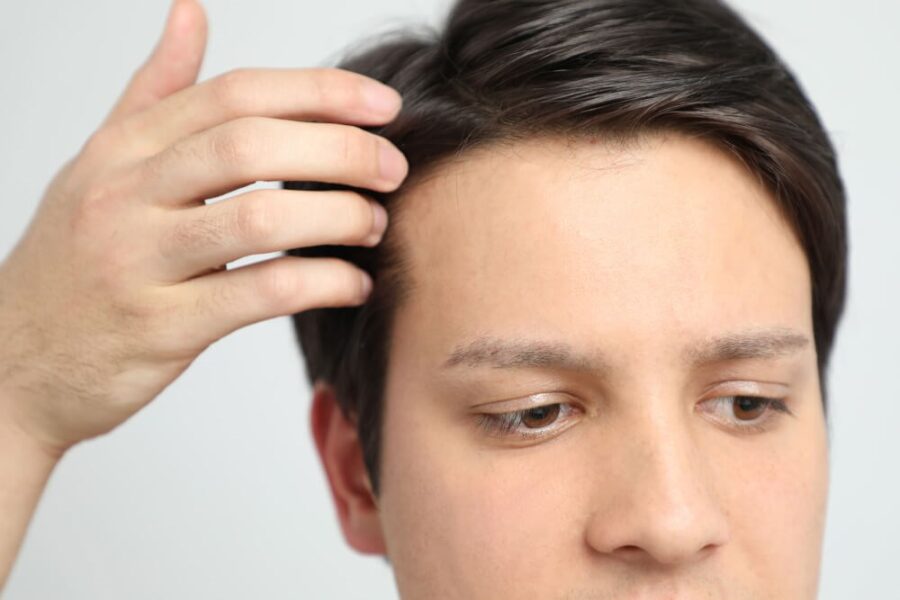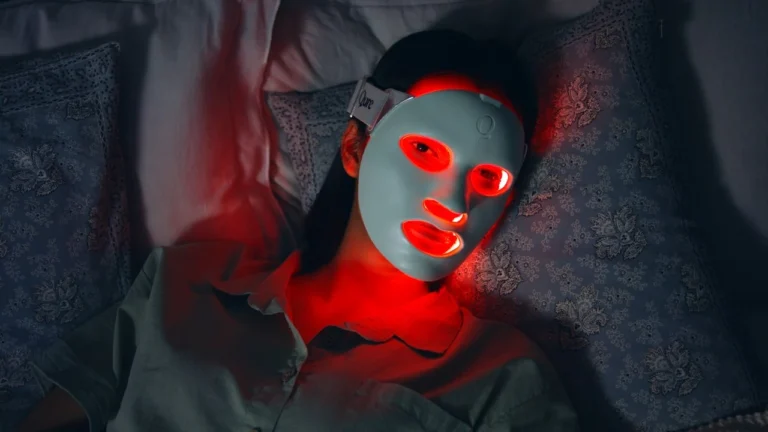The discipline of cosmetic surgery, especially with regard to male grooming and restoration options, is evolving along with the quest for aesthetic perfection. Hair transplants have been a major focal point in the UK’s male cosmetic surgery environment. Hair transplants in the UK serve a wider function than only treating balding or thinning hair; they can also help men regain their confidence and change the way they seem to the outside world.
It is impossible to overestimate the importance of appearance in contemporary culture, and this is especially true for men. The notion that personal care and grooming are not just for women is becoming more and more accepted in the UK and many other Western countries. Hair transplants have become one of the most popular treatments in the field of male cosmetic surgery as a result of this growing trend. Men are increasingly choosing hair transplants as a practical and efficient way to address hair loss despite the wide range of available options.
Understanding the reasons of male hair loss is essential when examining the function of hair transplants in the UK because they have a significant influence on the rising demand for these treatments. Male pattern baldness is a genetic propensity that causes gradual but unavoidable hair loss in many men over time. This process can be made worse by additional elements like stress, illnesses, and nutritional deficits. Hair loss can therefore have a significant psychological impact, resulting in low self-esteem and a desire for change. In this regard, hair transplant UK procedures serve as a ray of hope for people who want to restore both their hair and their self-esteem.
The process itself has evolved significantly over time, moving from basic grafting techniques to far more sophisticated processes that guarantee results that seem natural. The two main methods used for hair transplants in the UK nowadays are follicular unit extraction (FUE) and follicular unit transplantation (FUT). These methods—FUE in particular—offer less invasive ways to remove individual hair follicles and then transplant them into areas that are balding or thinning. These developments demonstrate how dedicated the UK cosmetic surgery community is to combining innovation and patient pleasure.
Examining the sociocultural elements that have contributed to the popularity of hair transplants in the UK is just as vital as examining their technical features. The stigma associated with male hair loss continues to be a significant worry in a world where media portrayals of masculinity frequently rely on strong appearances. Body image problems are all too common, and a lot of guys struggle with self-doubt related to their appearance. Men can alter their self-image and resist social influences by getting hair transplants. Hair transplants enable a more profound change than just cosmetic improvements by assisting the recipient in bringing their physical appearance into harmony with their identity.
Furthermore, many men are drawn to the anonymity that hair transplants provide, which enables them to improve their appearance without drawing unwelcome attention. In professional contexts, where appearances can affect perceptions and, in turn, opportunities, this privacy concern is especially important. Men who have hair transplant surgery can frequently return to their regular activities rather quickly, which makes the operation both convenient and successful. This preferred turnaround time helps explain why hair transplants are becoming more and more accepted in the UK as a sensible option in the larger context of personal grooming.
Additionally, there has been a noticeable change in the way males approach their personal care routines as a result of the explosion in health and wellness awareness over the past ten years. Hair transplants are frequently combined with other grooming techniques geared towards men, resulting in a more comprehensive approach to individual beauty. Male cosmetic surgery, including hair transplants in the UK, has become a part of a broader cultural movement as a result of this interconnection. This movement promotes males to make investments in themselves for psychological well-being and self-confidence in addition to aesthetic reasons.
However, it is crucial to recognise the significant ethical issues surrounding hair transplants in the United Kingdom. Concerns regarding uncontrolled techniques and poor services are growing along with the demand. Patients must be diligent in their search for qualified practitioners in a landscape full with options to avoid selecting a subpar service. The goal of educational efforts in the field of cosmetic surgery is to safeguard patients by making sure they are aware of the operations, possible hazards, and the outcomes they can anticipate. This kind of information is crucial for protecting patient health and upholding the integrity of the UK’s male cosmetic surgery market.
Beyond just restoring hair, hair transplants in the UK have an impact on mental health, family dynamics, and the desire for social approval, among other areas of life. As studies continue to reveal connections between physical appearance and self-esteem, the psychological effects of getting a hair transplant are increasingly being acknowledged. Following the surgery, many men say they feel rejuvenated and younger, which boosts their confidence in both their personal and professional lives. These psychological advantages help explain why hair transplants are so popular in the UK, where men are looking to enhance not only their appearance but also their general mental health.
In addition to the psychological benefits, hair transplants in the UK have significant economic ramifications. Significant investment and job creation have been sparked by the growing market for male cosmetic surgery, especially hair restoration procedures. New training possibilities and educational pathways are being driven by the talented practitioners and specialists drawn to this area of healthcare. As a result, hair transplants have an effect on patients individually as well as representing economic expansion and diversification in the UK’s larger healthcare sector.
Furthermore, hair transplants are now considered to be on par with exquisite cosmetic surgery due to its procedural creativity. In addition to technical proficiency, hair transplantation calls an aesthetic sensitivity, which includes knowledge of face features, hairline design, and hair development patterns. Hair transplant treatments in the UK are made more sophisticated and appealing by this fusion of science and art, which shows that the goal is not just to replace lost hair but also to create a more harmonious, natural appearance that suits each person’s particular profile.
The growth of social media and celebrity culture in the UK is another factor driving the popularity of hair transplants. Public personalities and influencers who freely talk about their choices to have hair restoration surgeries demystify the surgery and make hair transplants a viable option for a lot of guys. People who might have previously been reluctant to seek such upgrades are now encouraged to think about hair transplants as a valid approach to better themselves as a result of this societal shift.
Social media influences people in two ways. On the one hand, it normalises the discussion of male cosmetic surgery, making it more approachable and less taboo. However, it puts more pressure on men to meet certain attractiveness standards, raising the stakes in terms of appearance. However, the overall impact has been favourable, leading to a wider recognition of hair transplants as a workable remedy for hair loss in the UK. More men are seeking consultations and finally deciding to move forward with the surgery as a result of this increasing acceptance.
Additionally, hair transplants in the UK have an impact on preventative measures and personal care products. Products that support hair health and growth are becoming more and more popular as men seek out all-encompassing answers to hair loss. The discussion has changed from merely using transplants to treat baldness to using a multimodal strategy for hair maintenance and restoration. Thus, the function of hair transplants and changing men’s haircare practices overlap, suggesting a change in attitudes and behaviour towards male grooming on a more comprehensive level.
In conclusion, the increasing acceptance and use of hair transplants is having a substantial impact on the landscape of male cosmetic surgery in the UK. Beyond the technical developments in surgical techniques, there is a more complex story that takes into account social conventions, economic considerations, and psychological well-being. Hair transplants are now an essential part of the larger story of self-image, identity, and confidence, going beyond their initial function of merely replacing hair. Even though there are still issues, particularly with regard to ethics and regulations, hair transplants in the UK mark a turning point towards a time when men will be able to freely accept their looks and take charge of their own stories.
















